How I Learned Portuguese: Tips for Learning a New Language
When I first moved to Rio de Janeiro, I didn’t speak a lick of Portuguese.
Up until that point, I had only been to Brazil once, for a short period of about two weeks. Now I was moving to the country to live there full time, and expected to navigate daily life.
Luckily, my partner Sam spoke Portuguese fluently, so I could lean on him to help.
But, predictably and unfortunately, Sam also became my crutch. Three months into living in Rio and I had learned almost nothing, and I was relying too heavily on Sam to help me. I felt stuck.
Learning the language meant I would be able to go out more on my own, speak to more people, and make local friends. It would give me freedom.
So, one day, I decided that things had to change. I resolved that I had to learn the language. So I did.
Today, I’m fluent in Portuguese. Learning the language helped me in so many ways. It gave me confidence, and allowed me to connect with Brazilian culture in deeper and more meaningful ways. I have Brazilian friends, read books in Portuguese, and can understand (and sing along!) to my favorite Brazilian songs.
Looking back, I can pinpoint the different factors that really helped me. It wasn’t just one thing really, but a mixture.
Here are tips on how to learn Portuguese – or any language – so you too can enjoy being multi-lingual and build deeper connections with your surroundings.

Volunteer
When I first moved to Rio, I spent the first few months getting acquainted with the city and finding work. After I settled in, I decided to volunteer. I found an NGO in Rocinha – the largest single favela in Rio – that offered different types of classes to members of the community. I reached out to them, and soon began teaching two English classes, twice a week, to kids aged 8-10 and 12-14.
Little did I know that volunteering would help me the most in learning Portuguese.
Unbeknownst to me, being around kids is a great way to learn a language. Their vocabulary is basic, so it’s easier to communicate, and they are incredibly patient.
I wasn’t afraid to speak to them in my broken Portuguese, and they weren’t afraid to point out when I used the wrong words.
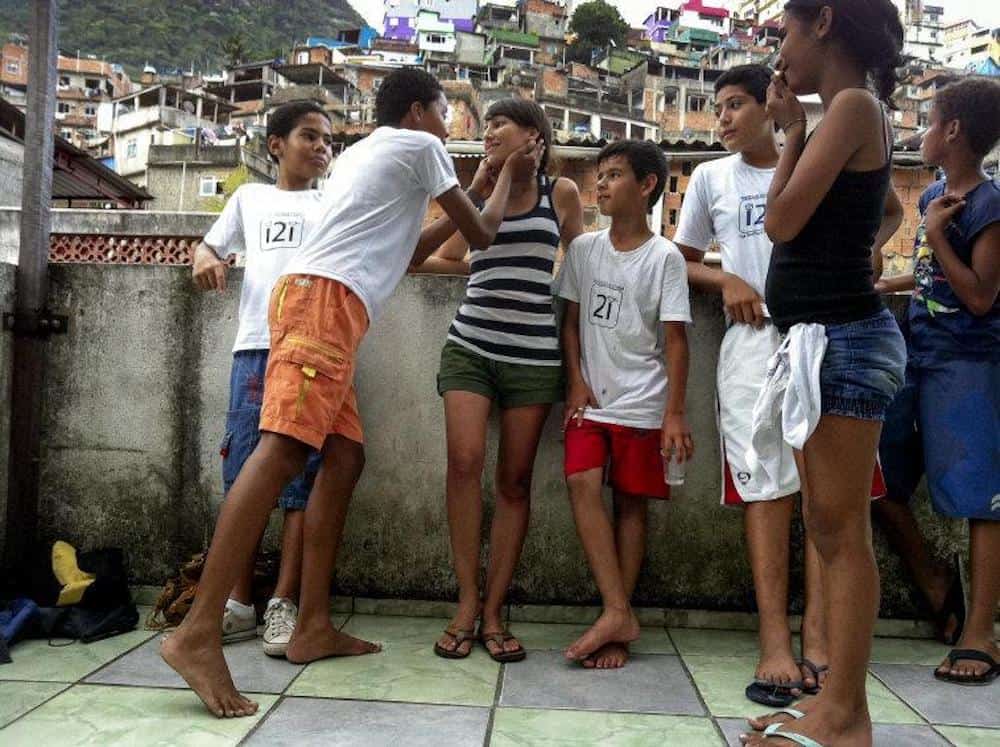
I helped them with their English, and in turn, they corrected my Portuguese when I was explaining irregular verbs or the alphabet. It was a win/win.
Take lessons
After spending a lot of time speaking Portuguese with kids, I realized that my language skills were pretty basic and informal. I wanted to build on my vocabulary and fix some of my conjugations.
Towards the end of the first time I lived in Rio, I decided to polish my Portuguese with a few private lessons. A great teacher that was recommended to me would come to my house once a week and we’d do worksheets together, practice conversation, and he’d answer all of my questions.
With language lessons, there are a few ways to go about things.
- Group lessons are probably the most common. They’re cheaper than private lessons, and they’re a great way to meet new people. Many language schools plan fun activities for students too, so it’s not just a strict school atmosphere. If you can learn in a group setting, go for it.
- Private lessons are a great option, if you can afford them. You can take private lessons at a language school, or find a language teacher on your own. Lessons will be tailored specifically to your needs, which makes them super convenient.
- Language exchange is a great option if you’re on a budget – it’s free! I’ve done language exchanges with three different people, trading my English for their Portuguese or French. We’d meet once or twice a week and do anywhere from 30 minutes to an hour of conversation in each language. Look on Craigslist, Facebook groups or ask around to find a buddy.
Use apps
When I learned Portuguese, I was the proud owner of a Nokia brick cellphone. It was the era of Rosetta Stone books and CD-ROMs that cost hundreds of dollars. No thanks.
Today, there are plenty of free apps that you can use on your phone or tablet to learn Portuguese or any language. A few favorites include:
- DuoLingo: The most popular and widely used free language app available. DuoLingo currently has over 100 million users.
- MemRise: MemRise uses memes to teach over 200 languages.
- HelloTalk: Language learners are connected with native speakers to learn the language.
While I didn’t use apps to learn Portuguese, I do use them today while learning French.
Consume media in the language
Train your ear and get your brain used to hearing a new language by consuming media in said language.
Watch movies and television, listen to podcasts and music, and browse YouTube in that language. When you can, add subtitles, not in English, but in the language you’re learning. This is great because you can read the words as you hear them, getting a sense of pronunciation as you build vocabulary.
What worked best for me was listening to Brazilian music. Learning the lyrics and singing along taught me a lot of vocabulary and helped my pronunciation.
Put yourself out there
Learning a new language is incredibly humbling. You’re going to get things wrong, and you’re going to pronounce words wrong – it’s inevitable. You have to be ok with making mistakes. It’s all part of the learning process.
Don’t be afraid to put yourself out there. Put yourself in situations where you’re forced to practice, like going to the grocery store or attending a party.
I met some English speakers in Rio who mostly hung out with other English speakers, be it locals who spoke English or other expats. It was easy and comfortable for them to socialize in their native language. Don’t fall into that trap! Get out of your comfort zone, you won’t regret it.
Don’t give up
I remember spending a few hours speaking in Portuguese, and coming home and feeling my brain hurt. Exercising your brain by learning a language is hard, but it’s so worth it! It’s true what they say: practice makes perfect. Or when it comes to languages, fluent.
Learning a language is a marathon, not a sprint, and you’ll have good days and bad. The important thing is to keep going, keep learning and don’t give up.
Have you ever learned a new language as an adult? What worked for you?
Click here for more Brazil tips!
Pin for later!

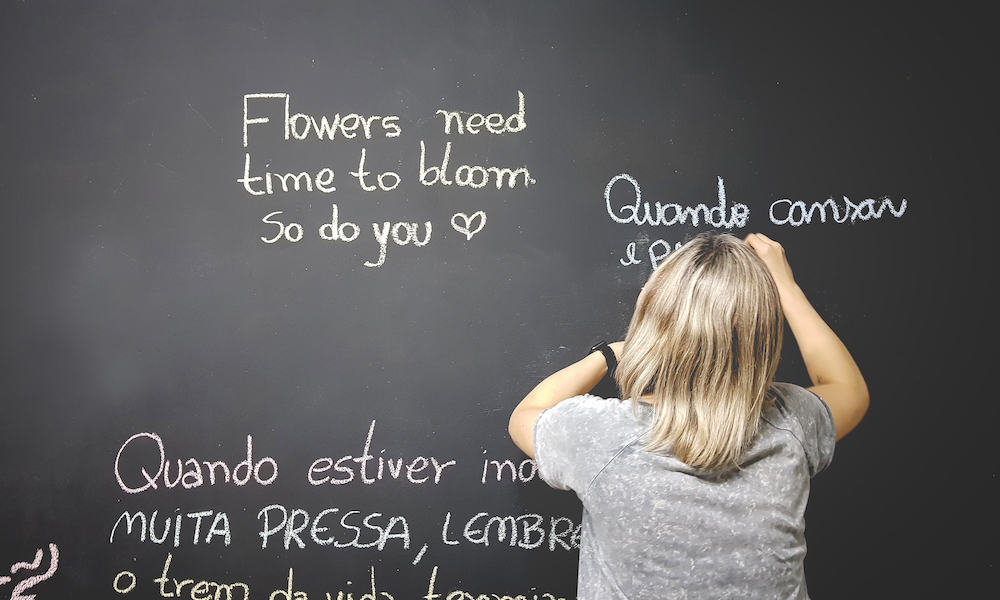
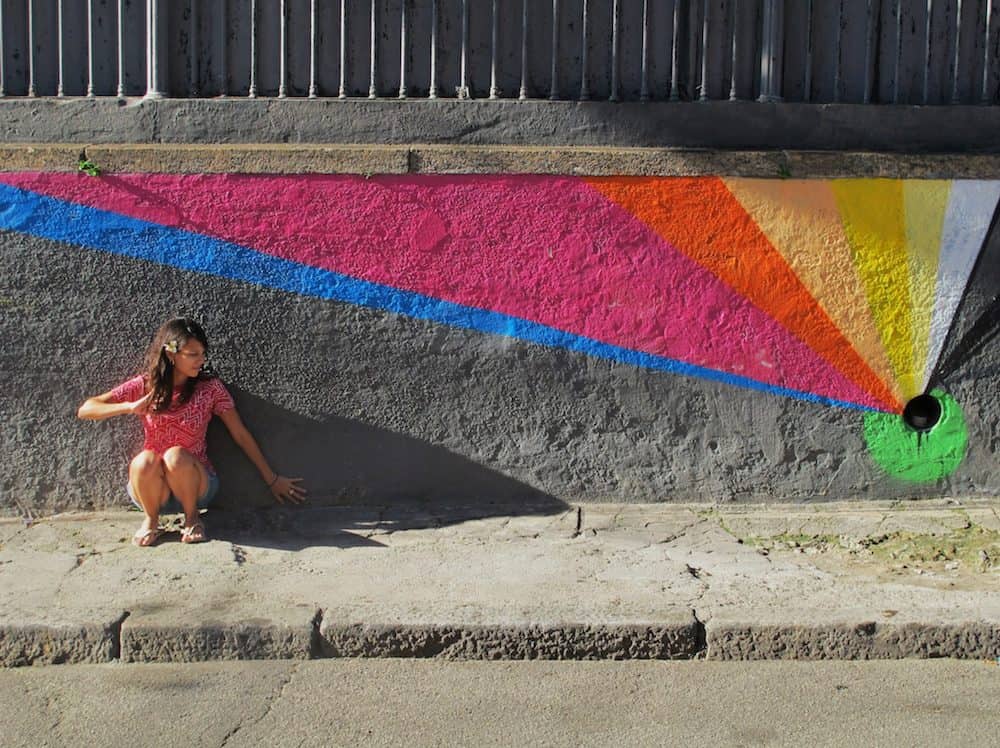
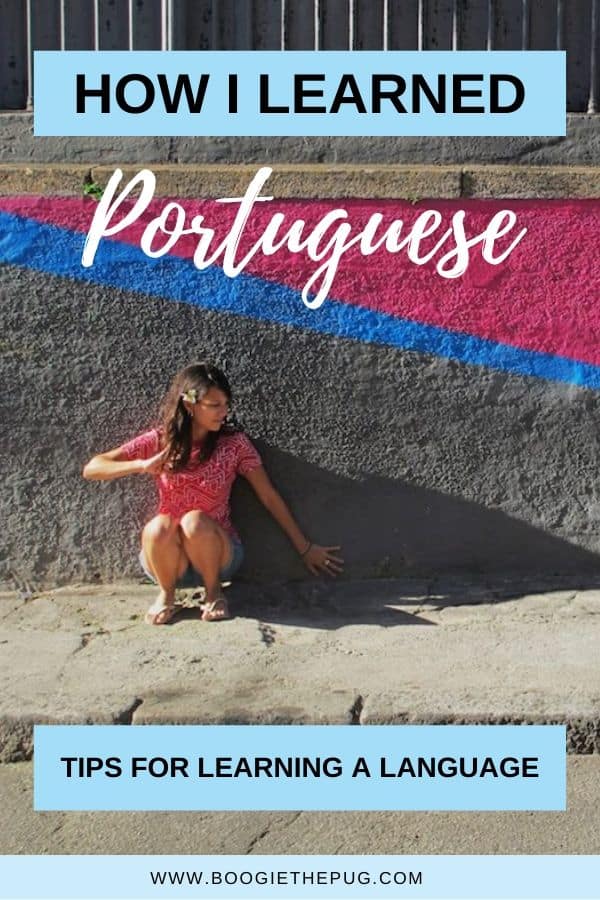

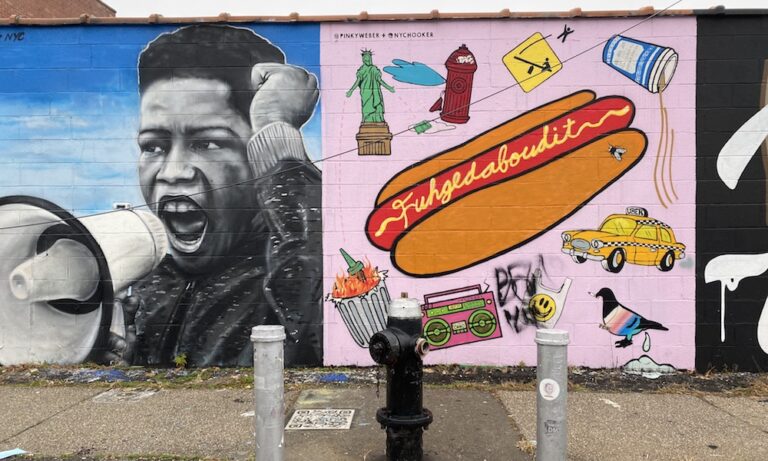





Some good tips, but one caveat regarding speaking a new language with native speakers is native speakers seldom use the “textbook” language. They’ll use slang, improper grammar, mixed-up syntax, etc., which can be confusing for anyone who’s learning a new language.
Totally true! There is always a difference between written and spoken languages, and it’s important to get a good sense of both. You also want to avoid sounding like a robotic textbook when you talk to your friends 🙂